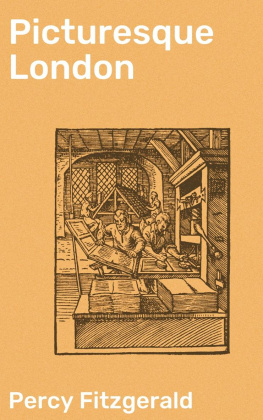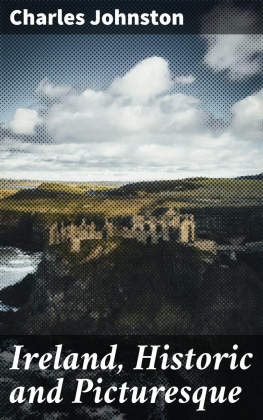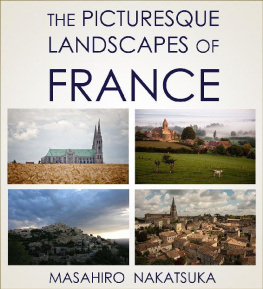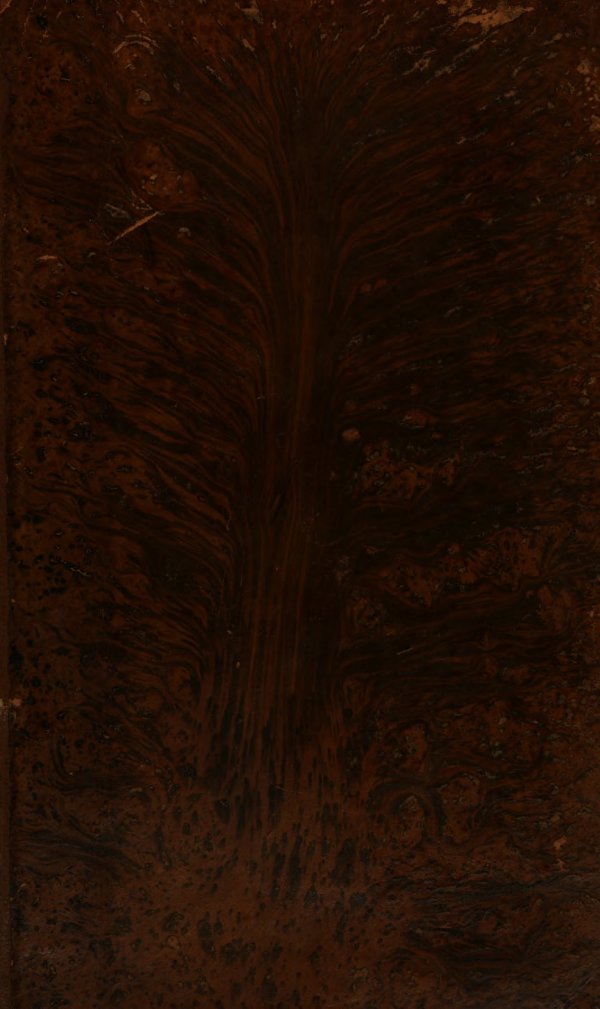Three essays: on picturesque beauty; on picturesque travel; and on sketching landscape:
William Gilpin
Google Book Search
This is a digital copy of a book that was preserved for generations on library shelves before it was carefully scanned by Google as part of a project to make the world's books discoverable online. See the back of the book for detailed information.
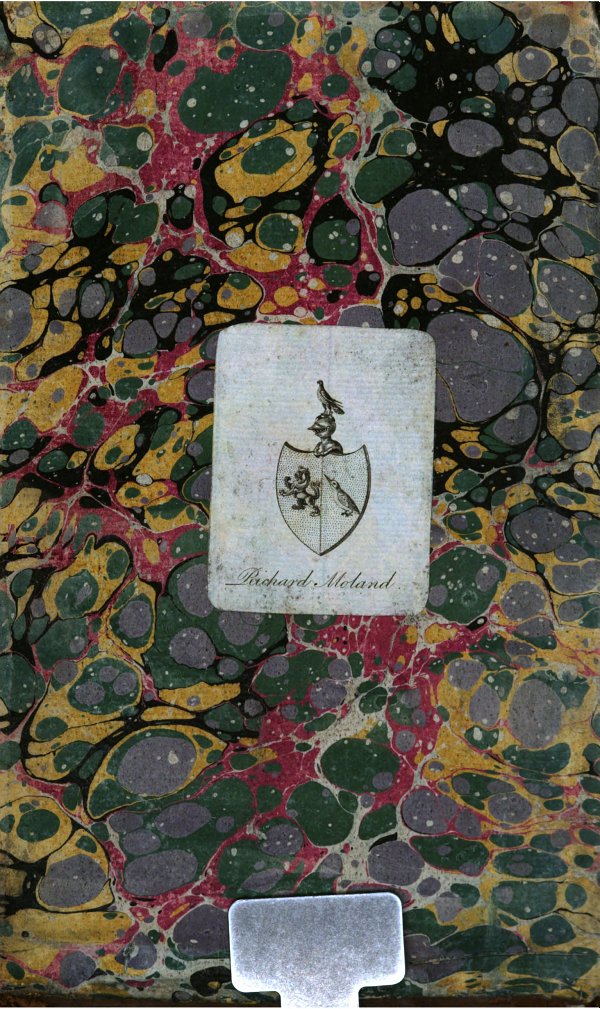
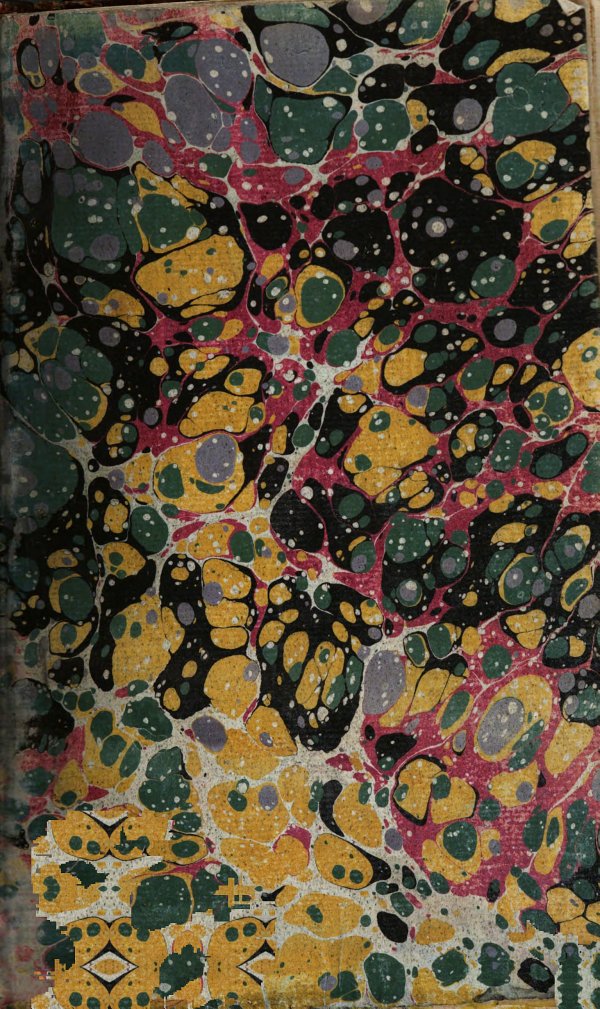

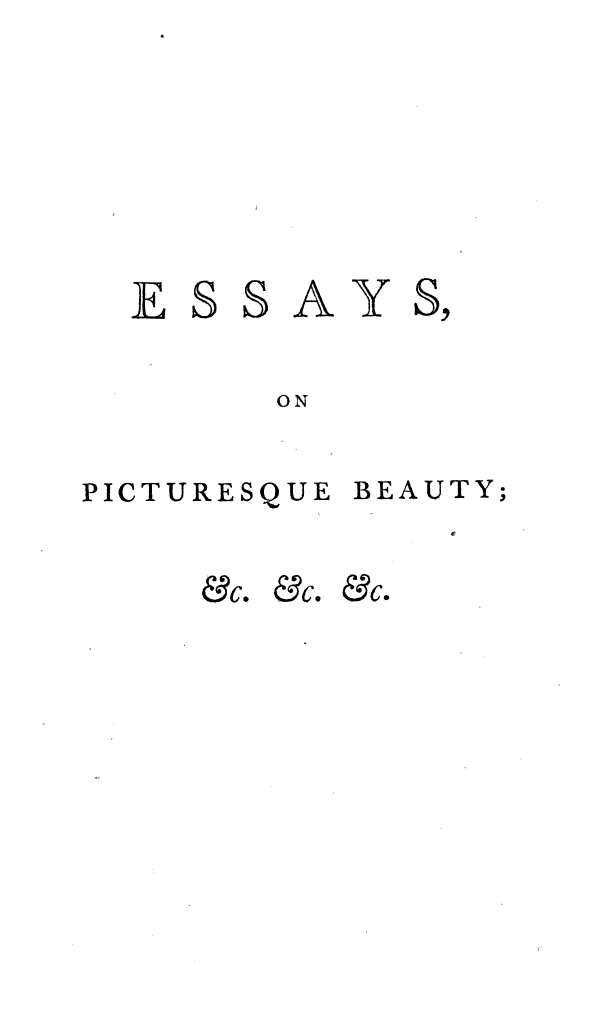
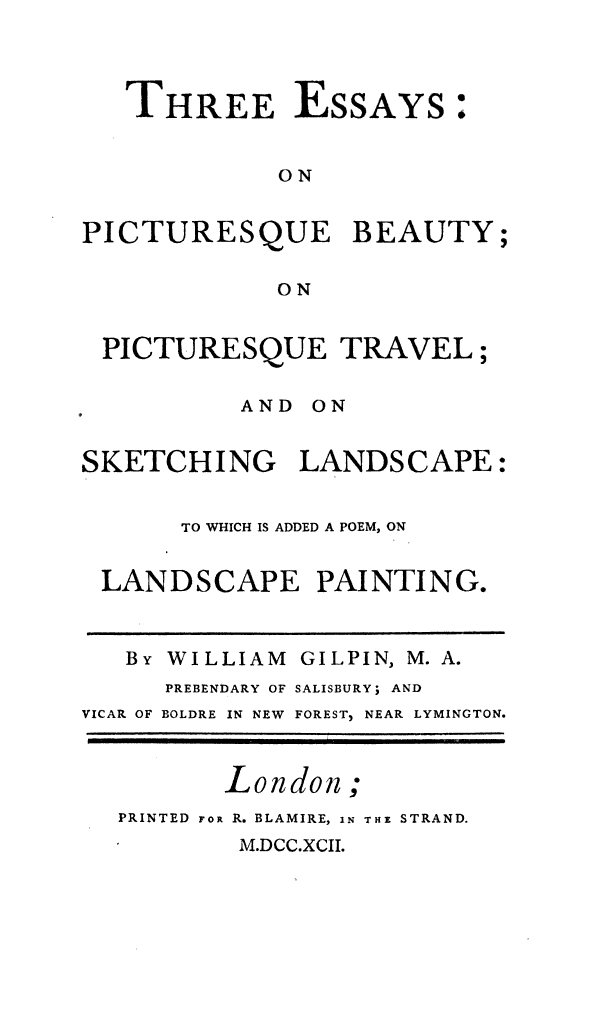
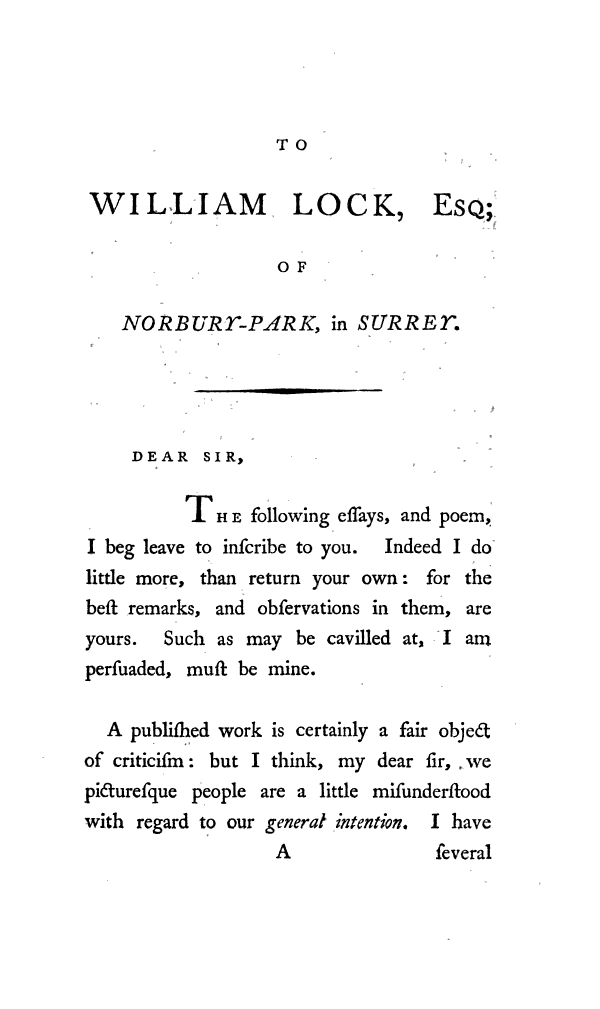
several times been surprized at finding us represented, as supposing, all beauty to consist in piBuresque beautyand the face of nature to be examined only by the rules of painting. Whereas, in fact, we always speak a different language. We speak of the grand scenes of nature, tho uninteresting in a picluresque light, as having a strong effect on the imagination often a stronger, than when they are properly disposed for the pencil. We every where make a distinction between scenes, that are beautifuly and amusing; and scenes that are piSIuresque. We examine, and admire both. Even artificial objects we admire, whether in a grand, or in a humble stile, tho unconnected with picturesque beautythe palace, and the cottagethe improved garden-scene, and the neat homestall. Works of tillage also afford us equal delightthe plough, the mower, the reaper, the hay-field, and the harvest-wane. In a word, we reverence, and admire the works of God; and look with benevolence, and pleasure, on the works of men.
In
In what then do we offend? At the expence of no other species of beauty, we merely endeavour to illustrate, and recommend one species more; which, tho among the most interesting, hath never yet, so far as I know, been made the set object of investigation. From scenes indeed of the piBuresque kind we exclude the appendages of tillage, and in general the works of men which too often introduce preciseness, and formality. But excluding artificial objects from one species of beauty, is not degrading them from all. We leave then the general admirer of the beauties of nature to his own pursuits; nay we admire them with him: all we desire, is, that he would leave us as quietly in the possession of our amusements.
Under this apology, my dear sir, I have ventured, in the following essays, to inlarge a little both on our theory, and practice. In the first essay (that we may be fairly understood) the dijlinguijhing charaSteriJiic is marked,
A 2 of of such beautiful objects, as are suited to the pencil. In the second, the mode of amusement is pointed out, that may arise from viewing the scenes of nature in a picturesque light: and in the third, a few rules are given for sketching landscape after nature. I have practised drawing as an amusement, and relaxation, for many years; and here offer the result of my experience. Some readiness in execution indeed, it is supposed, is necessary, before these rules can be of much service. They mean to take the young artist up, where the drawing-master leaves him.I have only to add farther, that as several of the rules, and principles here laid down, have been touched in different picturesque works, which I have given the public, I have endeavoured not to repeat myself: and where I could not throw new light on a subject, I have hastened over it:only in a work of this kind, it was necessary to bring all my principles together.
With
With regard to the poem, annexed to these essays, something more should be said. As that small part of the public, who personally know me; and that still smaller part, whom I have the honour to call my friends, may think me guilty of presumption in attempting a work of this kind, I beg leave to give the following history of it.
Several years ago, I amused myself with writing a few lines in verse on landscapepainting; and afterwards sent them, as a fragment (for they were not finished) to amuse a friend.* I had no other purpose. My friend told me, he could not say much for my poetry; but as my rules, he thought, were good, he wished me to finish my fragment; and if I should not like it as a poem, I might turn it into an ejfay in prose.As this was only what I expected, I was not disappointed; tho not encouraged to proceed. So
* Edward Forster esq; of Walthamstow.
I trou I troubled my head no farther with my verses.
Some time after, another friend,* finding fault with my mode of describing the lakes, and mountains of Cumberland, and Westmoreland, as too poetical, I told him the fate of my fragment; lamenting the hardship of my
case when I wrote verse, one friend called
it prose; and when I wrote prose, another friend called it verse. In his next letter he desired to see my verses; and being pleased with the subject, he offered, if I would finish my poem (however carelessly as to metrical exactness) he would adjust the versification. But he found, he had engaged in a more arduous affair, than he expected. My rules, and tecnical terms were stubborn, and would not easily glide into verse; and I was as stubborn, as they, and would not relinquish the scientific part for the poetry. My friend's
* Rev. Mr. Mason.
good'
good-nature therefore generally gave way, and suffered many lines to stand, and many alterations to be made, which his own good taste could not approve.* I am afraid therefore I must appear to the world, as having spoiled a good poem; and must shelter myself, and it under those learned reasons, which have been given for putting Propria qua maribus, and As in prfentiy into verse. If the rules have injured the poetry; as rules at least, I
* Extract of a letter from Mr. Mason.
"I have inserted conscientiously every "word, and phrase, you have altered; except the awkward "word clump, which I have uniformly discarded, whenever it "offered itself to me in my English garden, which you may "imagine it did frequently: in it's stead I have always used tuft. I have ventured therefore to insert it adjectively; "and I hope, I shall be forgiven. Except in this single "instance, I know not that I have deviated in the least from "the alterations, you sent. I now quit all that relates to "the poem, not without some self-satisfaction in thinking it is "over: for, to own the truth, had I thought you would have "expected such almost mathematical exactitude of terms, as I "find you do; and in consequence turned lines tolerably "poetical, into prosaic, for the sake of precision, I should "never have ventured to give you my assistance."
hope hope, they will meet your approbation. I am, dear sir, with the greatest esteem, and regard,


